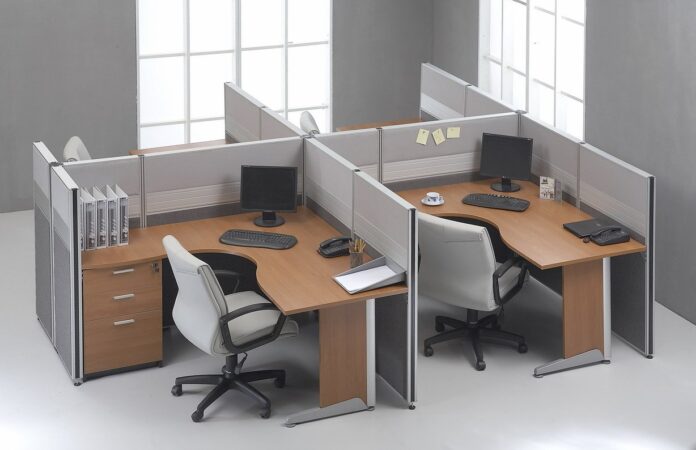In the modern workplace, the office environment is evolving to meet the needs and expectations of a diverse workforce. Among the elements shaping this transformation, office furniture plays a pivotal role in creating a space that not only fosters productivity but also reflects the company’s ethos and culture. One key element that exemplifies this shift is the fusion of functionality and style in office tables.
Gone are the days when office table were merely utilitarian pieces of furniture. Today, they are a blend of form and function, seamlessly integrating into the overall design of the workspace. The shift towards a more collaborative and open office culture has necessitated a rethinking of traditional office furniture, and tables have become a focal point in this redesign.
Functionality, in the context of office tables, is no longer limited to providing a surface for laptops and paperwork. Modern tables are designed with a multifunctional approach, catering to the diverse needs of a dynamic workplace. Adjustable height tables, for instance, have gained popularity as they offer flexibility, allowing employees to switch between sitting and standing positions, promoting better ergonomics and overall well-being.
Furthermore, the integration of technology is a hallmark of contemporary office tables. Built-in power outlets, USB ports, and wireless charging capabilities have become standard features, addressing the ever-increasing demand for connectivity in the workplace. These features not only enhance functionality but also contribute to a clutter-free and organized workspace.
While functionality remains paramount, the aesthetic appeal of office table design is equally important. The design of office furniture is increasingly seen as an extension of the company’s brand and values. Stylish and well-designed tables contribute to the overall ambiance of the office, creating an environment that is not only conducive to work but also aesthetically pleasing.
One of the prevailing trends in office table design is a minimalist approach. Clean lines, sleek surfaces, and neutral colors dominate the aesthetic, creating a timeless and sophisticated look. This minimalist design not only exudes a sense of professionalism but also ensures that the furniture complements various design schemes, making it versatile and adaptable to changing office aesthetics.
Materials also play a crucial role in marrying functionality with style. High-quality materials such as hardwoods, glass, and metal are commonly used to create office tables that are not only durable but also visually appealing. The use of sustainable materials has also become a priority for many companies, aligning with the growing emphasis on environmental responsibility.
Collaboration spaces have become integral to the modern workplace, and office furniture philippines are at the forefront of facilitating teamwork. Modular and flexible table configurations allow for easy reconfiguration of spaces, adapting to different work scenarios. These tables are designed to promote interaction and idea-sharing, fostering a collaborative culture within the organization.
In addition to functionality and aesthetics, the personalization of office tables is gaining prominence. Companies are recognizing the importance of creating a workspace that reflects the individuality of its employees. Customizable features, such as different table sizes, finishes, and accessories, allow employees to personalize their workstations, creating a sense of ownership and identity.
The fusion of functionality and style in office executive table design extends beyond the traditional desk. Meeting tables, conference tables, and communal work tables all undergo the same design considerations, ensuring a cohesive and visually appealing office environment. This holistic approach to office furniture reflects a commitment to creating a workspace that not only meets the practical needs of employees but also enhances their overall work experience.
In conclusion, the evolution of office tables from purely functional pieces to a harmonious fusion of functionality and style reflects the changing dynamics of the modern workplace. As companies strive to create environments that inspire creativity, collaboration, and productivity, office furniture, particularly tables, plays a pivotal role. The marriage of form and function in office tables is not just a design trend; it is a strategic investment in the well-being and efficiency of the workforce, contributing to a workplace that is both functional and visually compelling.
















